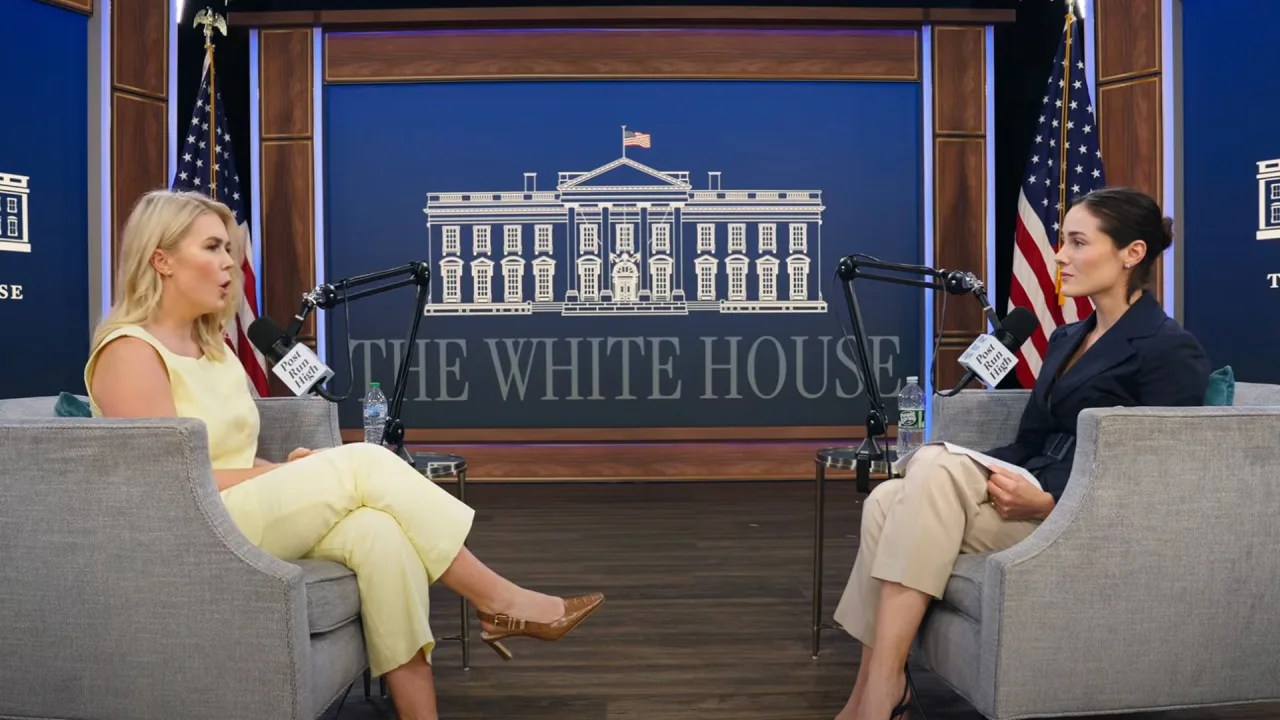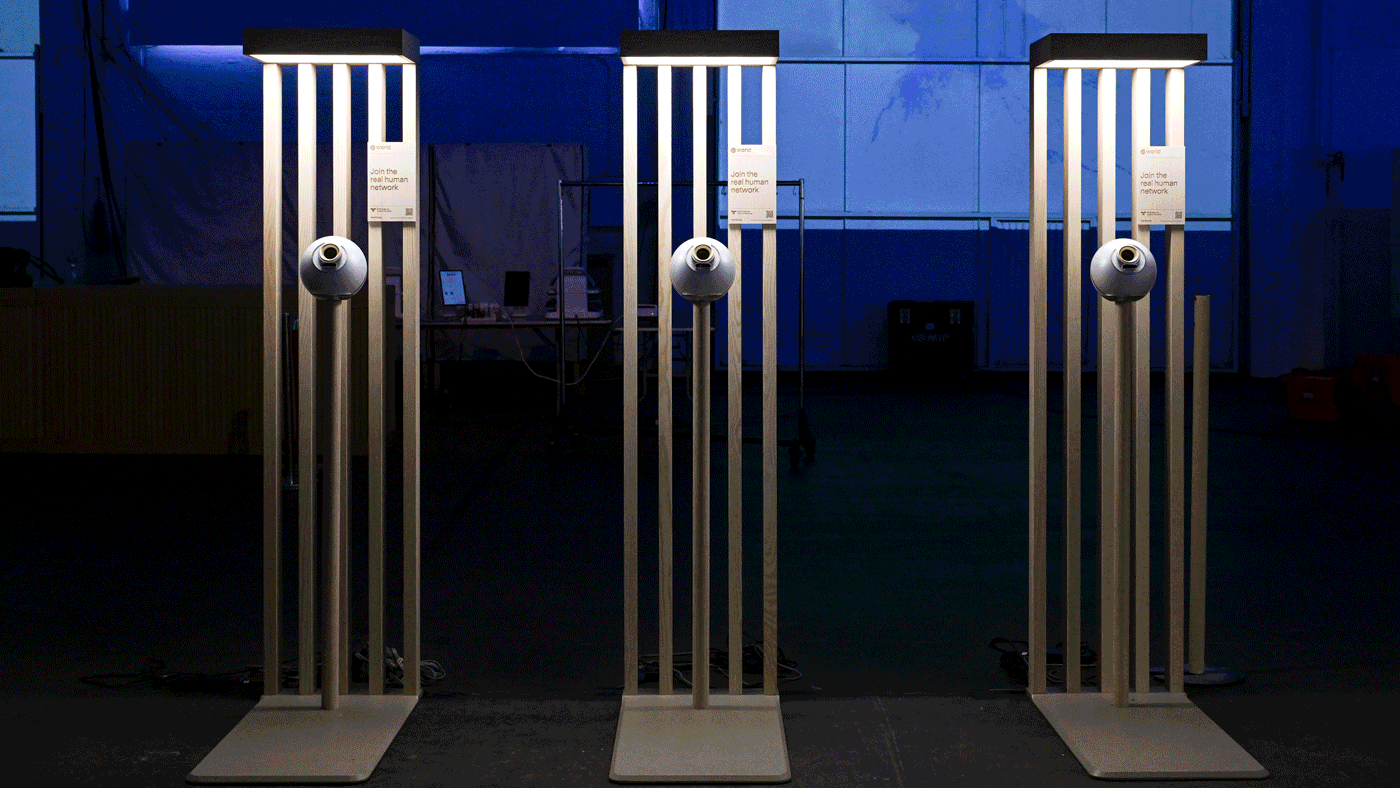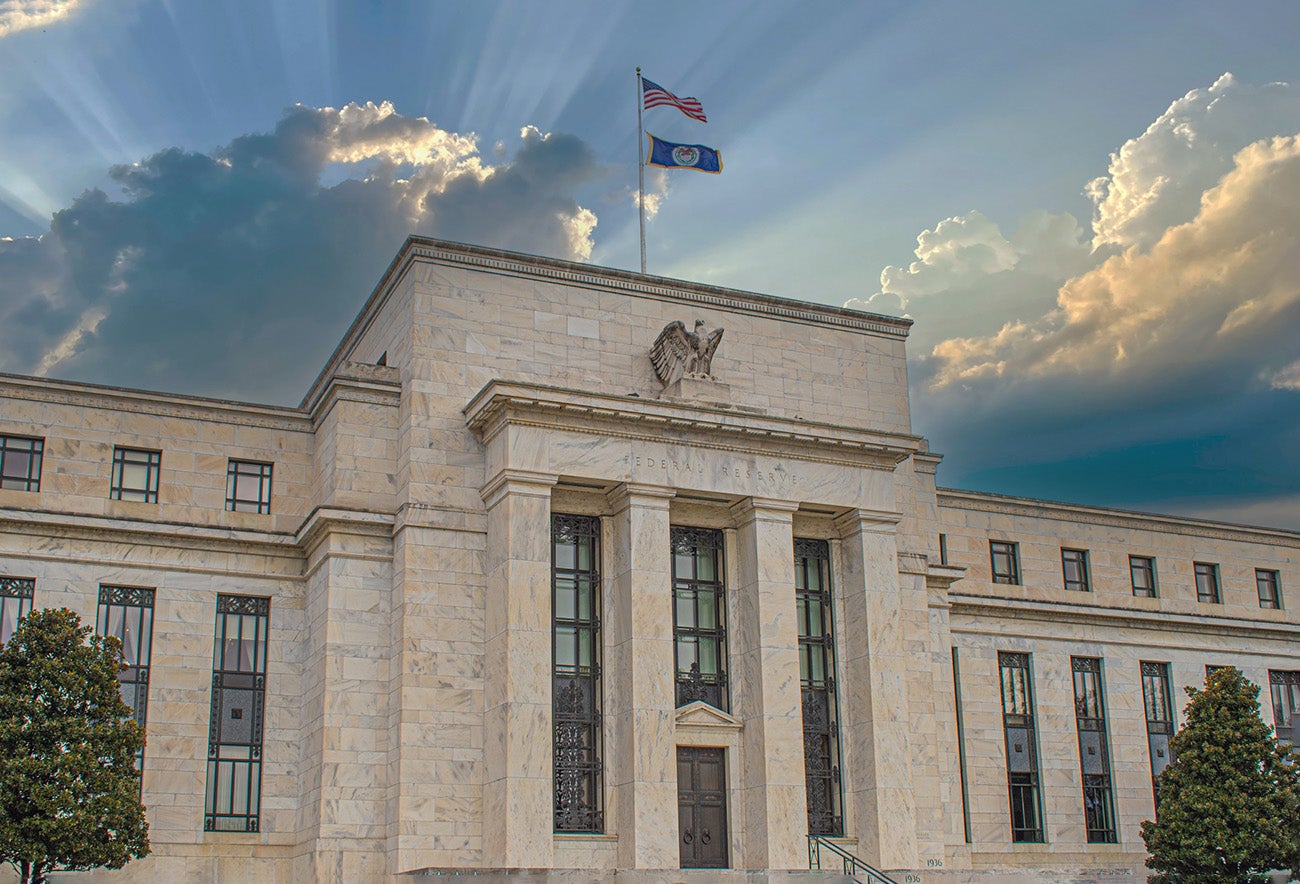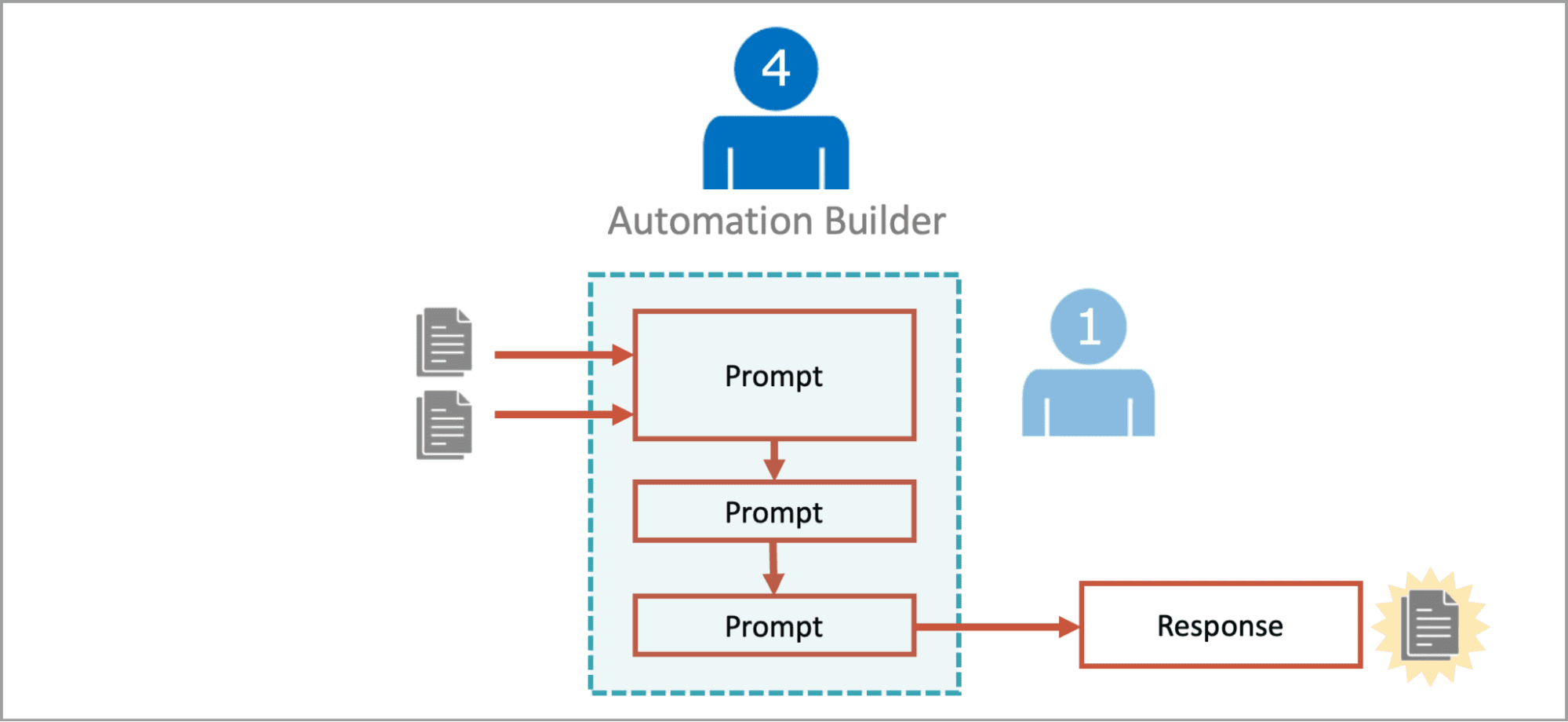Trump orders end to NPR and PBS funding—legal experts say he can’t
President Trump issued an executive order ceasing public funding for National Public Radio (NPR) and the Public Broadcasting Service (PBS) late Thursday. The order directs the Corporation for Public Broadcasting (CPB) to eliminate funding for the two news organizations, citing ideological bias. However, the question remains. Is it even possible for Trump to defund PBS and NPR? According to Trump, “Neither entity presents a fair, accurate, or unbiased portrayal of current events to taxpaying citizens,” the order reads. “I therefore instruct the CPB Board of Directors and all executive department and agencies to cease Federal funding for NPR and PBS.” Patricia Harrison, the President and CEO of CPB, issued a statement on the order, stating that the President of the United States cannot exert power over CPB. “CPB is not a federal executive agency subject to the President’s authority,” she said in the press release. “Congress directly authorized and funded CPB to be a nonprofit corporation wholly independent of the federal government.” The CPB was established in 1967 under the Johnson administration as a part of the Public Broadcasting Act (PBA). Within the Act, Congress explicitly forbids “any department, agency, officer, or employee of the United States to exercise any direction, supervision, or control over public telecommunications, or over the Corporation or any of its grantees or contractors” According to the history page on the CPB website, CPB registered as a nonprofit in 1968 and established PBS in 1969 as a means of connecting public television stations and distribute programming. NPR incorporated in 1970 as a public radio program service. In 1975, Congress amended the PBA to advance local programming and further protect public media from political interference. Now, both NPR and PBS are essential aspects of American media culture. PBS typically produces educational content, while NPR focuses on news and media. They cover almost 99 percent of the population, according to NPR, and are key components of local emergency and disaster warning systems. For the current fiscal year, Congress allocated $535 million for CPB, affirmed in a recent stop-gap bill passed by a Republican-controlled Congress. CPB remains fully funded by Congress through 2027. At a U.S. House oversight committee meeting in late March, leaders of both PBS and NPR spoke about the importance of providing news to Americans at no charge, according to NPR. They said that stations would feel the effects of a lack of funding the most. Most of the public funds available go to local stations, “We will challenged this Executive Order using all means available,” NPR president and CEO Katherine Maher said in a statement. “The President’s order is an affront to the First Amendment rights of NPR and locally owned and operated stations throughout America to produce and air programming that meets the needs of their communities. A much shorter statement from Paula Kerger, president and CEO of PBS, echoed the same sentiment. “The President’s blatantly unlawful Executive Order, issued in the middle of the night, threatens our ability to serve the American public with educational programming, as we have for the past 50-plus years,” she said. “We are currently exploring all options to allow PBS to continue to serve our member stations and all Americans.”
President Trump issued an executive order ceasing public funding for National Public Radio (NPR) and the Public Broadcasting Service (PBS) late Thursday. The order directs the Corporation for Public Broadcasting (CPB) to eliminate funding for the two news organizations, citing ideological bias.
However, the question remains. Is it even possible for Trump to defund PBS and NPR?
According to Trump, “Neither entity presents a fair, accurate, or unbiased portrayal of current events to taxpaying citizens,” the order reads. “I therefore instruct the CPB Board of Directors and all executive department and agencies to cease Federal funding for NPR and PBS.”
Patricia Harrison, the President and CEO of CPB, issued a statement on the order, stating that the President of the United States cannot exert power over CPB.
“CPB is not a federal executive agency subject to the President’s authority,” she said in the press release. “Congress directly authorized and funded CPB to be a nonprofit corporation wholly independent of the federal government.”
The CPB was established in 1967 under the Johnson administration as a part of the Public Broadcasting Act (PBA). Within the Act, Congress explicitly forbids “any department, agency, officer, or employee of the United States to exercise any direction, supervision, or control over public telecommunications, or over the Corporation or any of its grantees or contractors”
According to the history page on the CPB website, CPB registered as a nonprofit in 1968 and established PBS in 1969 as a means of connecting public television stations and distribute programming. NPR incorporated in 1970 as a public radio program service. In 1975, Congress amended the PBA to advance local programming and further protect public media from political interference.
Now, both NPR and PBS are essential aspects of American media culture. PBS typically produces educational content, while NPR focuses on news and media. They cover almost 99 percent of the population, according to NPR, and are key components of local emergency and disaster warning systems.
For the current fiscal year, Congress allocated $535 million for CPB, affirmed in a recent stop-gap bill passed by a Republican-controlled Congress. CPB remains fully funded by Congress through 2027.
At a U.S. House oversight committee meeting in late March, leaders of both PBS and NPR spoke about the importance of providing news to Americans at no charge, according to NPR. They said that stations would feel the effects of a lack of funding the most. Most of the public funds available go to local stations,
“We will challenged this Executive Order using all means available,” NPR president and CEO Katherine Maher said in a statement. “The President’s order is an affront to the First Amendment rights of NPR and locally owned and operated stations throughout America to produce and air programming that meets the needs of their communities.
A much shorter statement from Paula Kerger, president and CEO of PBS, echoed the same sentiment.
“The President’s blatantly unlawful Executive Order, issued in the middle of the night, threatens our ability to serve the American public with educational programming, as we have for the past 50-plus years,” she said. “We are currently exploring all options to allow PBS to continue to serve our member stations and all Americans.”





















































































































































